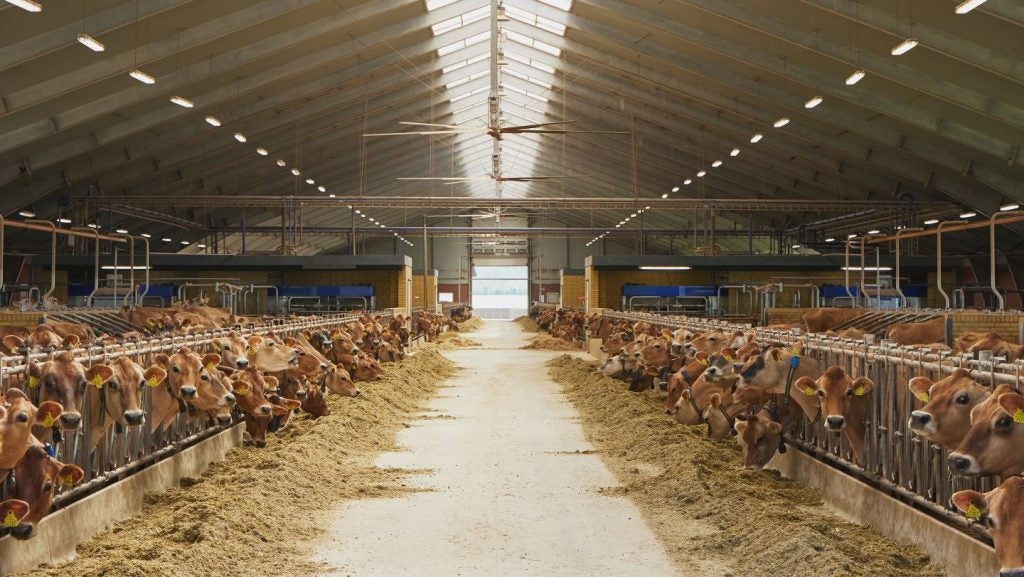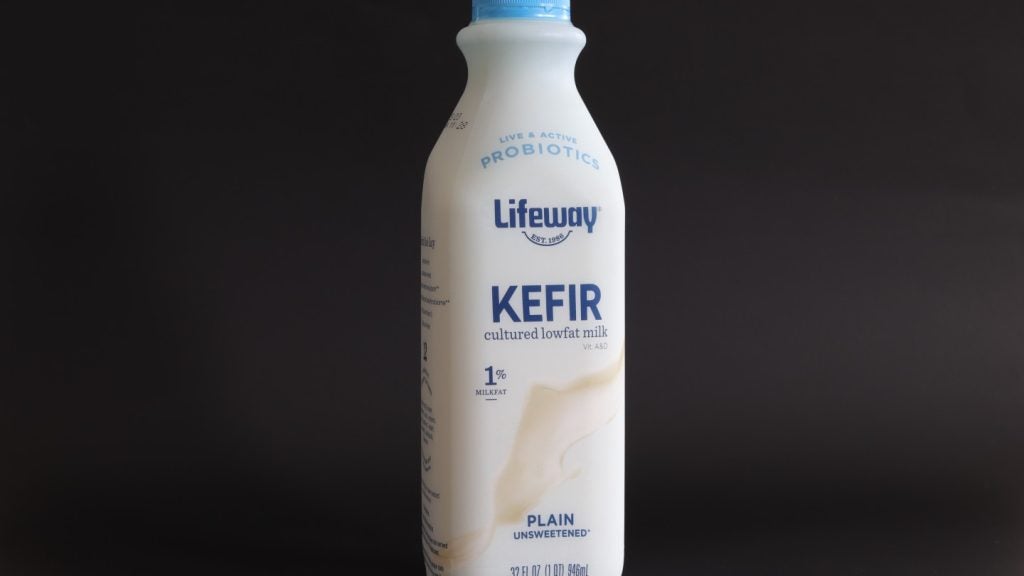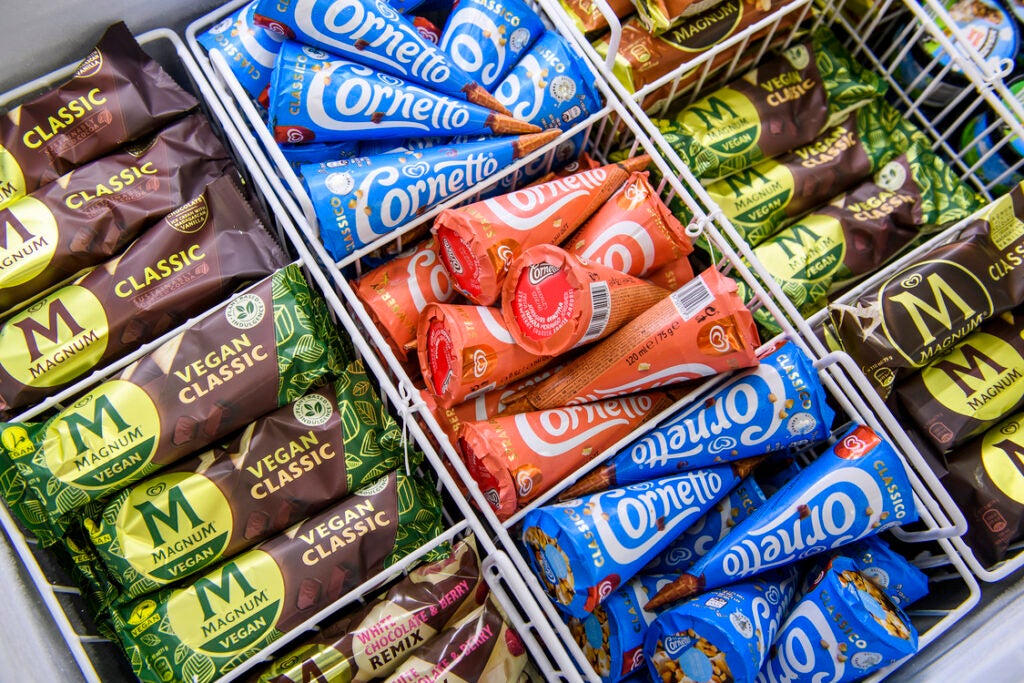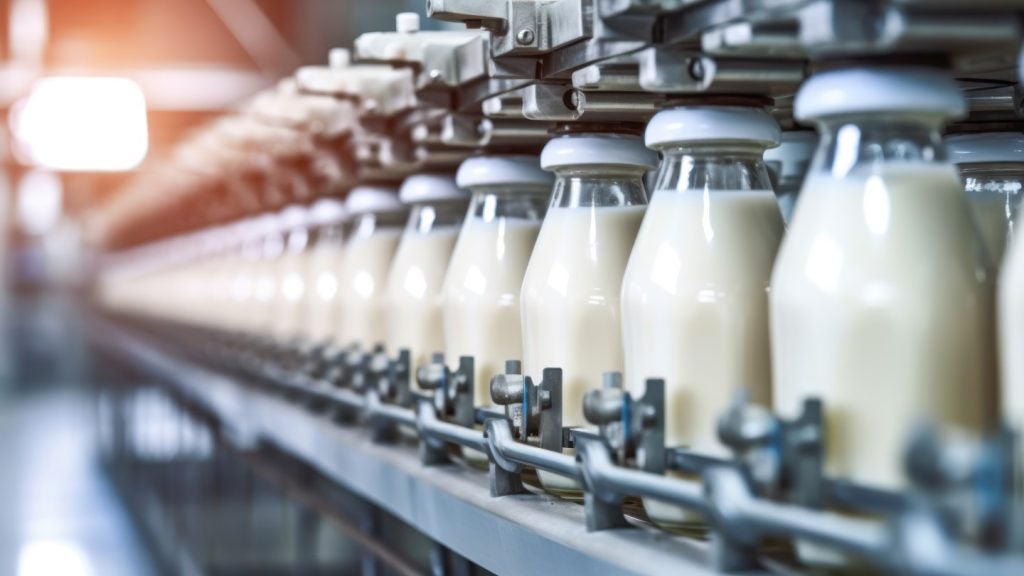Denmark’s radical plan to introduce a tax on agricultural emissions including livestock has been approved by the country’s parliament.
The so-called Green Tripartite agreement, in the planning for around a year and first announced in June, has been given the go-ahead after months of negotiations between the country’s major political parties, farmers and environmental groups.
Denmark will be the first country in the world to introduce such a tax and it suggests the move has the potential to reduce emissions by between 1.8 million and 2.6 million tonnes of CO2e in 2030 when it is introduced.
Land conversion is the main driver. The plan is to transform large parts of the country from agricultural production to forestry. The so-called Green Deal will take large amounts of agricultural land out of operation with efforts set to begin in 2027.
It is estimated around 60% of Denmark's territory is cultivated, making it one of the countries with the highest share of cultivated land, according to a Danish parliamentary report.
Land conversion will see six new national nature parks established and opened by the end of 2030 at the latest.
From that year, farmers will have to pay a levy of DKr300 ($43) per tonne of methane (as per carbon dioxide equivalent) on emissions from livestock including cows and pigs, which will rise to Dkr750 in 2035.
But, as part of a package to support the move, the government will offer subsidies.
In a statement confirming the deal’s approval, Jeppe Bruus, Minister for the Green Tripartite, said: "I would not hesitate to call this a historic result. With the agreement, we are now allocating Dkr43bn to carry out an enormous restructuring of Denmark's land area.
“Danish nature will change in a way we have not seen since the wetlands were drained in 1864. Denmark will be the first country in the world to introduce a CO2e tax on agriculture.”
However, the Ministry to keen to stress that agriculture will still be fundamental to the country’s economy.
It said: “The conversion of the Danish agricultural and food industry must take place in a way that supports an increasingly sustainable, high-tech and area-efficient agricultural production, so that Denmark will also have a competitive industry with attractive business potential and jobs in the future.”
The deal agreed by the Danish government also promotes plant-based foods, providing an additional DKr420m for the Plant Based Food Grant between 2025–2030.
The move that has been welcomed by the organisation ProVeg. CEO Jasmijn de Boo said: “Animal agriculture is responsible for up to a fifth of global greenhouse gas emissions, a fact that has been ignored or sidelined for too long. Further delay in action to reduce emissions from this sector will only worsen the situation for farmers as the climate crisis intensifies.”
















